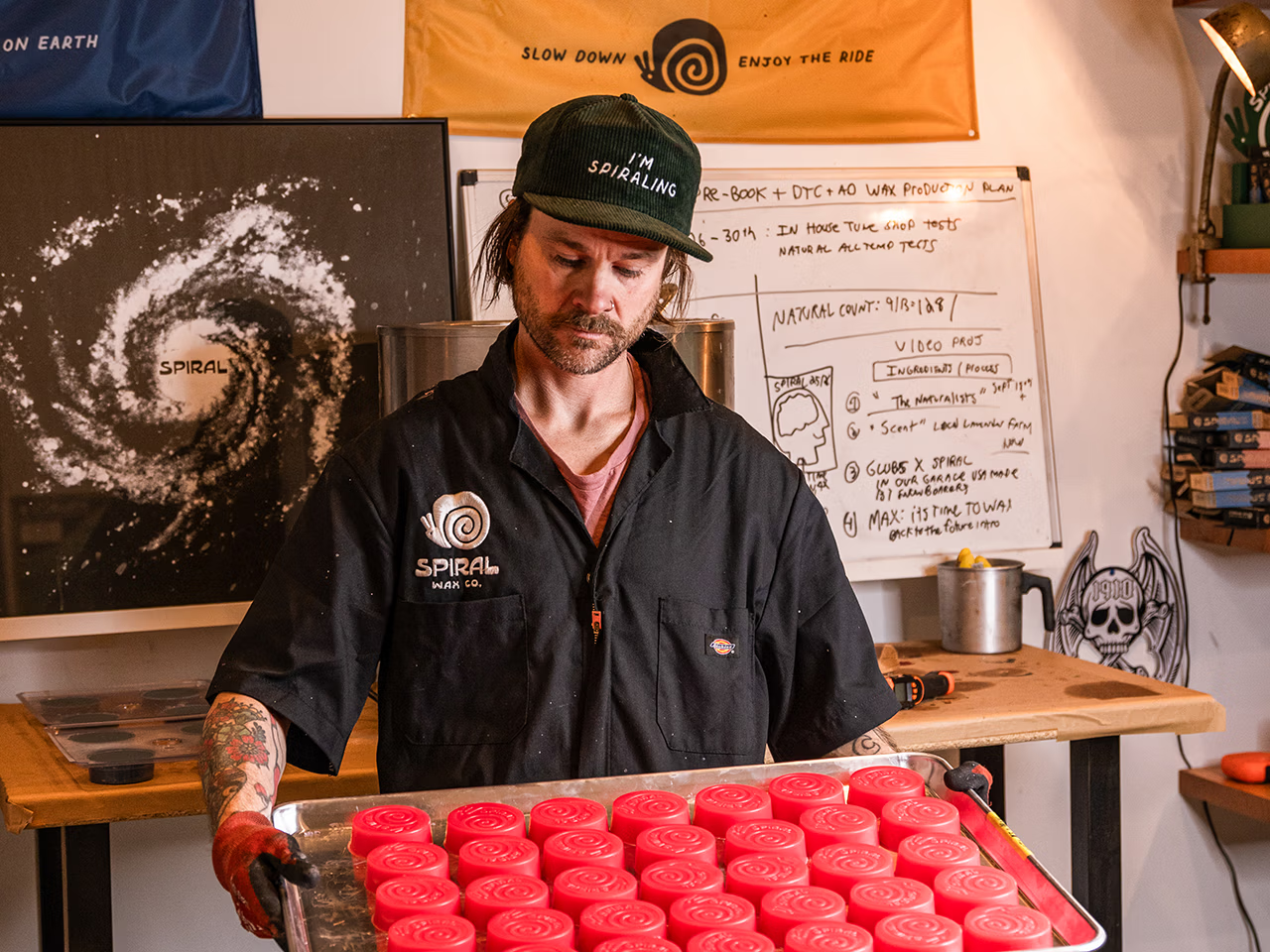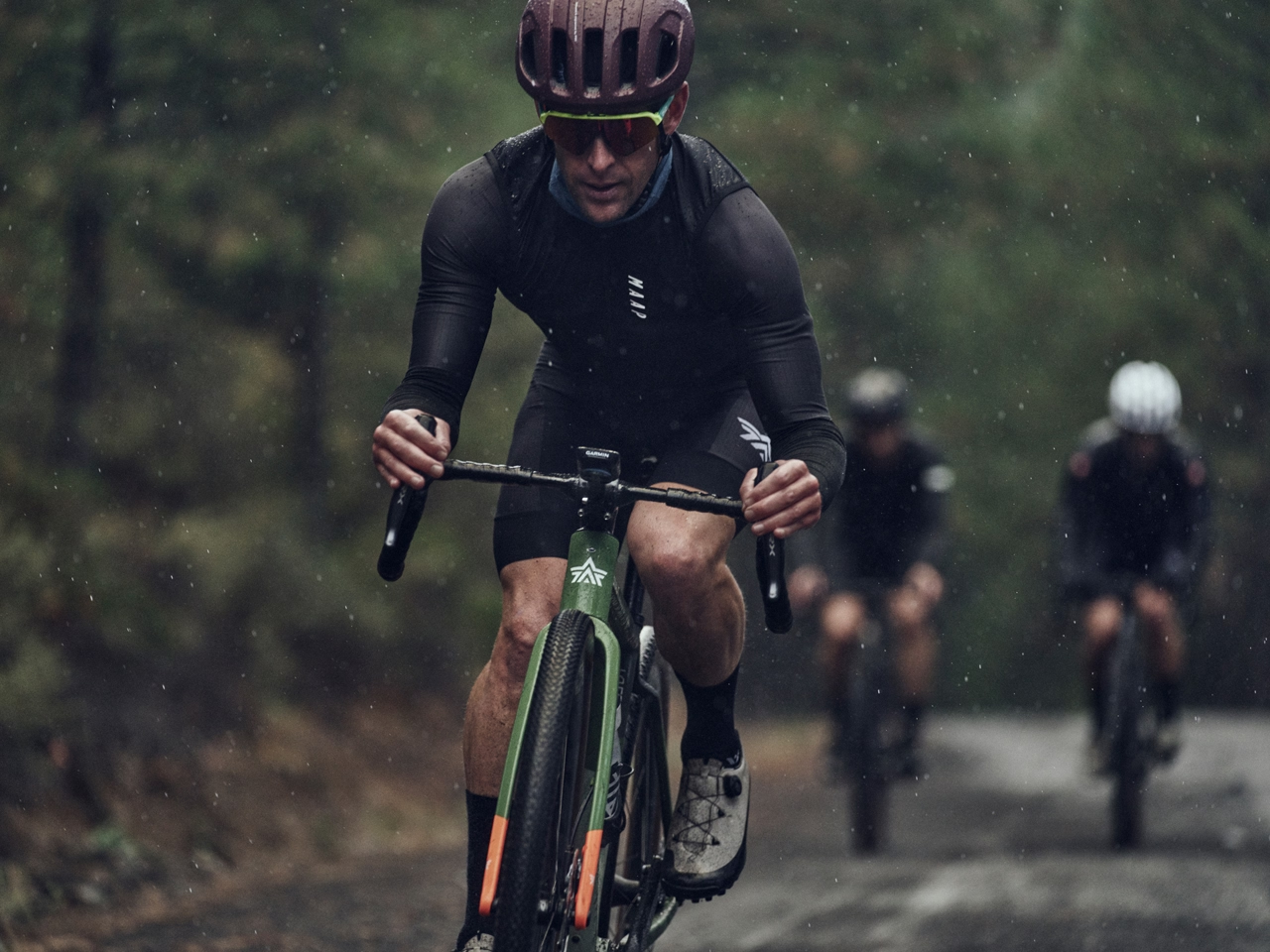In 2011, serial entrepreneur Paul Hodge was about to retire in his mid-30s. He’d sold his interest in a renewable energy business in New York, but he and his wife hail from Washington, and were looking to the West.

They moved to a 132-acre ranch along Whychus Creek near Sisters, to raise their three children and grow all their own organic food. That winter, in Kauai, a surfing buddy introduced him to world renowned big-wave surfer, Laird Hamilton. Hamilton, behind innovations such as standup paddle boarding, wanted to meet Hodge because he had a new idea.
It was the Golf Board, a motorized skateboard/golf cart. Hodge, although not a golf fan, helped develop it at his ranch and successfully launched it. Along the way, he and Hamilton got to be friends.
“He’d invite me to coffee before surfing, and he’d be putting all this stuff in my coffee, and I’d be out surfing and realize my energy level wouldn’t last just an hour and a half, but five hours,” said Hodge, 46. Hamilton educated him about fuel-efficient, medium-chain triglycerides in coconut and the benefits of trace minerals in things such as calcified red marine sea algae from Iceland. Hodge found Hamilton’s nutritional philosophies intriguing, so he did a bit of research.
“I said, ‘I think the world needs this, and it’s a great opportunity now to build a company based on your name,’” Hodge said. In 2015, they launched Laird Superfood, starting with powdered, plant-based, dairy-free creamers. Since then, the “rocket ship ride” has brought the Sisters company to about 110 employees, with a plan to employ 500 in the next two to five years.
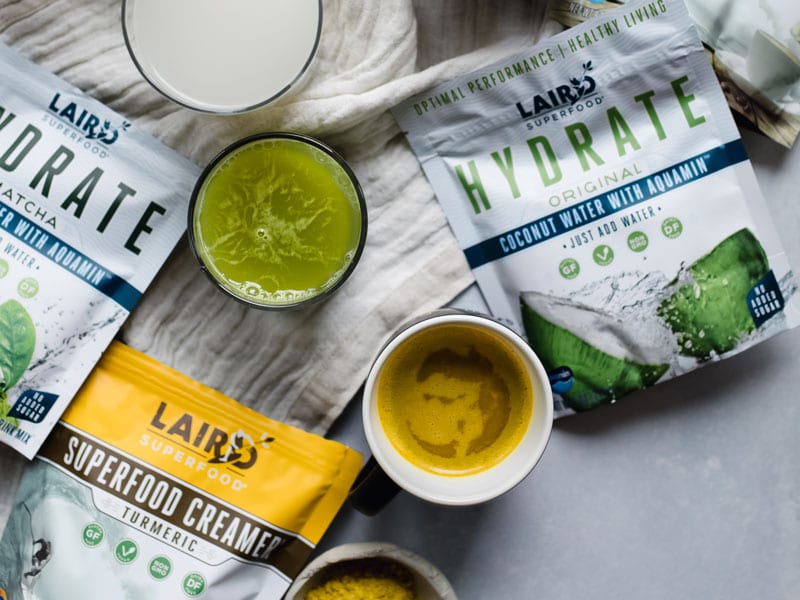
Crazy Growth, Sisters Style
They expect to continue adding workers and build a 30,000-square-foot warehouse this year, Hodge said. Now Sisters’ third-largest employer, when they reach 500, they’d rank nearly in Central Oregon’s top ten, ahead of Deschutes Brewery, according to Economic Development for Central Oregon.
The speedy trajectory from startup to global company is significant, said Caprielle Lewis, Sisters Area Director of Economic Development for Central Oregon. “In just a few short years, they’ve created a sustainable, stable base of family-wage jobs that pay above the average Sisters wage,” she said.
All aspects, from research and development to product testing, packaging, sales, marketing and management are done in about 24,500 square feet of space in two buildings in the eight-acre former Clear Pine Business Park, which Laird Superfood owns. Small food businesses typically outsource manufacturing and packaging, but instead the company invested in the property and its own production facility to have better quality control, Hodge said.
Typically, startups (including Hodge’s dozen others), hire to meet demand, but this time, the company built a strong executive team first. “This positioned us for the crazy growth we’re seeing,” he said, plus a less stressful workplace offers time to enjoy Central Oregon’s lifestyle perks.
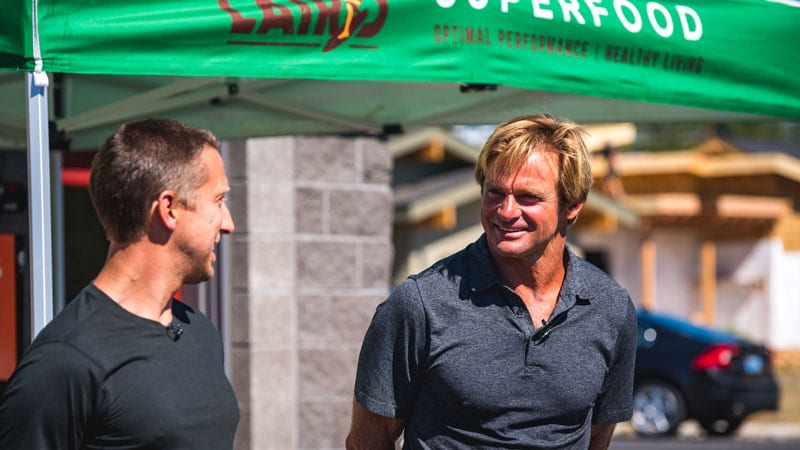
Riding Corporate Waves
The company took in $32 million in a private funding round that included the global shared workspace company WeWork. It had seemed the perfect fit—superfoods, from creamers to Hydrate coconut waters—would be fueling tens of thousands of entrepreneurs renting WeWork spaces. After that company’s IPO plan failed last year, though, the Sisters company bought back the shares. They’re seeking another strategic partner, and targeting the “corporate warrior.”
Meanwhile, innovation keeps flowing. In January, they launched a line of plant-based, liquid creamers with nutrient-dense mushrooms. The refrigerated liquid market is ten times larger than powdered beverages, and the company will introduce healthy snacks this year too, Hodge said. Products are carried in thousands of stores, from Whole Foods to Costco, while 60 percent of sales is online.
“We’re not just building a coffee creamer or hydration company, we’re building the Laird brand, the next large, trusted food brand,” Hodge said. “The goal is to be like a Kraft or one of these legacy brands. These larger companies are losing trust from the consumer, and we’re looking to bring clean ingredients back, build a brand that’s trusted, and continue to roll out these products across multiple categories. It’s really endless.”


